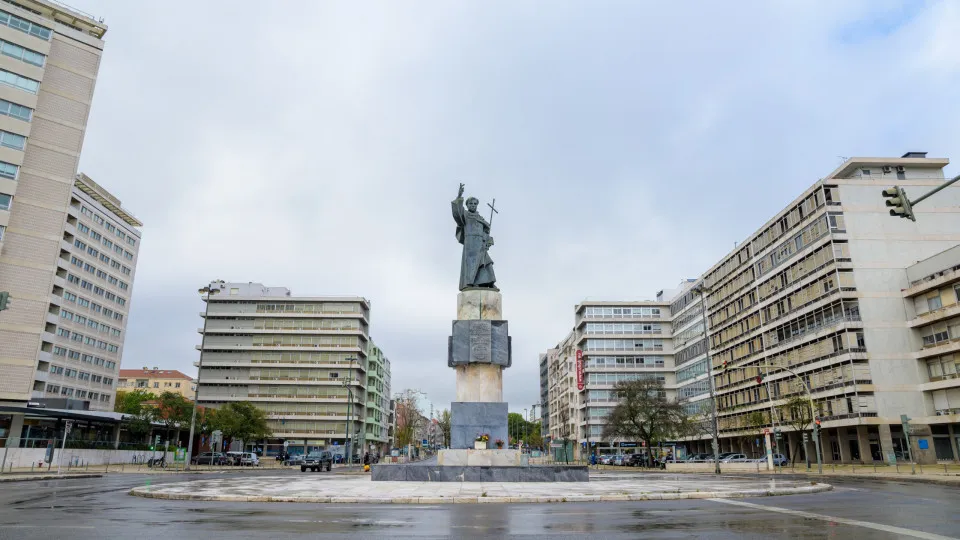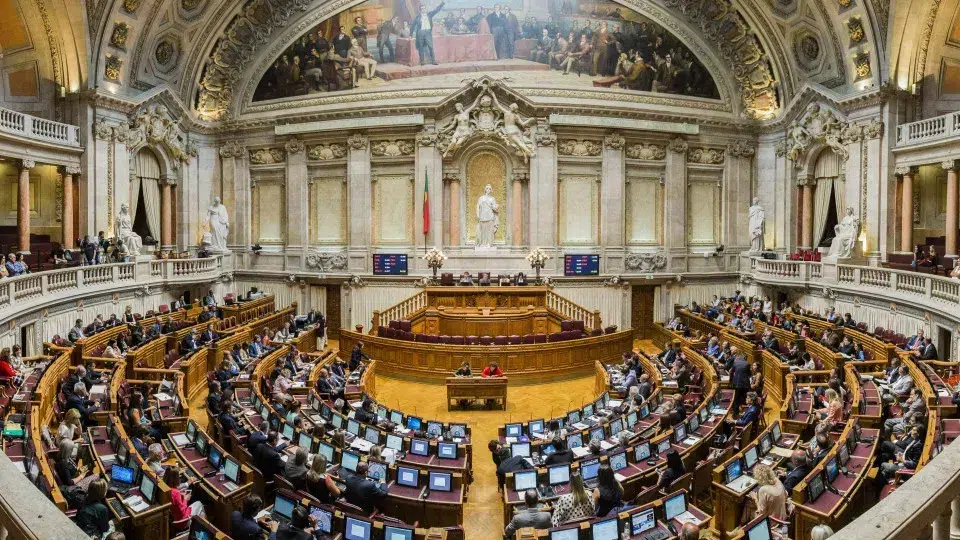
In October, the General Directorate of Local Authorities (DGAL) is set to advance funding to the parishes scheduled for dissolution from the Parish Financing and Surplus Fund, as outlined in the State Budget for 2025 (OE2025), to cover November and December. This initiative is directed at ensuring the payment of salaries for the staff of the involved parish councils through the end of the year.
The proposal also clarifies that the dissolution of parishes and the establishment of new ones does not nullify previous resolutions with external effect. Among these decisions are competence transfers made between municipalities and parishes undergoing disaggregation, which will remain in effect unless revoked “by one of the parties.” The government justifies this legislative proposal as necessary due to operational uncertainties arising during the implementation of the existing law that approved parish disaggregation, which this proposal aims to address.
The announcement was initially made on July 22 in parliament by the Minister of Territorial Cohesion, Manuel Castro Almeida, who acknowledged that the original law approving the disaggregation was inadequate in solving practical issues. This includes the monthly transfer of OE2025 funds to parishes, considering the possibility that new ones might not be constituted immediately following elections, potentially endangering employee salary payments.
Another concern addressed was the validity of inter-administrative contracts delegating municipal competencies to parishes, suggesting that these contracts remain valid for the restored parishes unless revoked. The proposal further delineates all preparatory actions necessary for parish dissolution, such as finalizing and approving lists detailing personnel, moveable and immovable assets, rights, and obligations to be transferred to the new parishes.
The restored parishes will inherit the rights and obligations of the dissolved entities, transferring assets accordingly. If the dissolution committees fail to decide on this or decide inadequately, asset division will be proportional based on voter numbers and geographical area, weighted equally.
Except for competencies assigned to the dissolution and installation committees, the governing bodies of parishes marked for dissolution will maintain their functions until the new local authorities assume office. They must ensure the necessary means for the normal functioning of the resulting parishes, especially concerning IT software and general goods and services.
However, between the election date and the final establishment of new elected bodies, they can only manage assets, liabilities, rights, and obligations, including legal, judicial, and contractual responsibilities, as well as staff assigned to the yet-to-be-seated parishes, limited to their respective geographical areas.
These executing officials must report to the Court of Auditors for the period from January 1, 2025, until the parish is officially dissolved. The proposal also notes that if officials from outgoing bodies are elected to the new ones, there is a resulting conflict of interest, necessitating their replacement.
DGAL will register the new parishes in the central public entity file without charge. The law proposal protects all actions taken since the law on parish disaggregation, effective March 13 of this year.
Following the upcoming local elections on October 12, the disaggregation process involves breaking up 135 unions to restore 302 parishes amalgamated in the 2013 administrative reform, as per a law confirmed by parliament on January 17 and reaffirmed by the Assembly on March 6.
Pre-election preparations are ongoing by dissolution committees for each parish union. After the election, the 302 parishes will be formally reinstated under their new designations, with installation commissions established as temporary bodies to facilitate their setup and operation.




